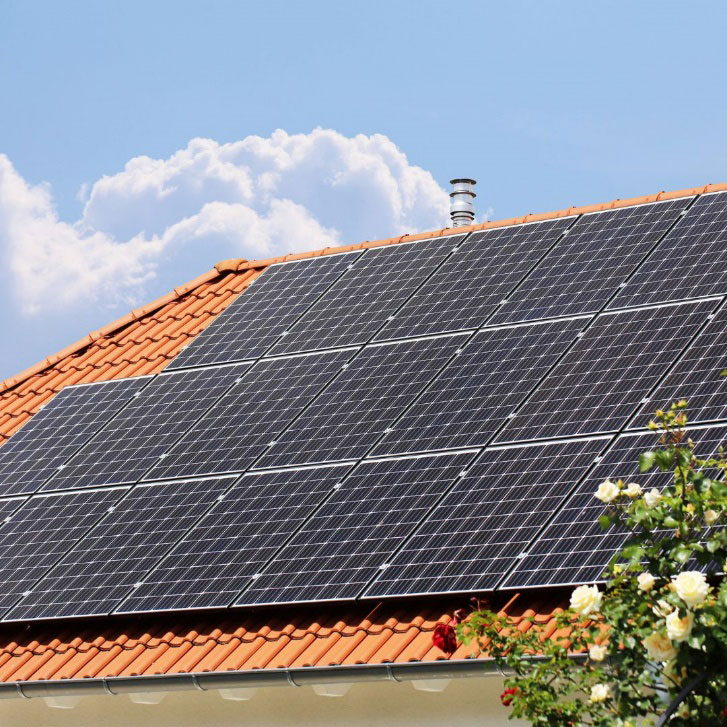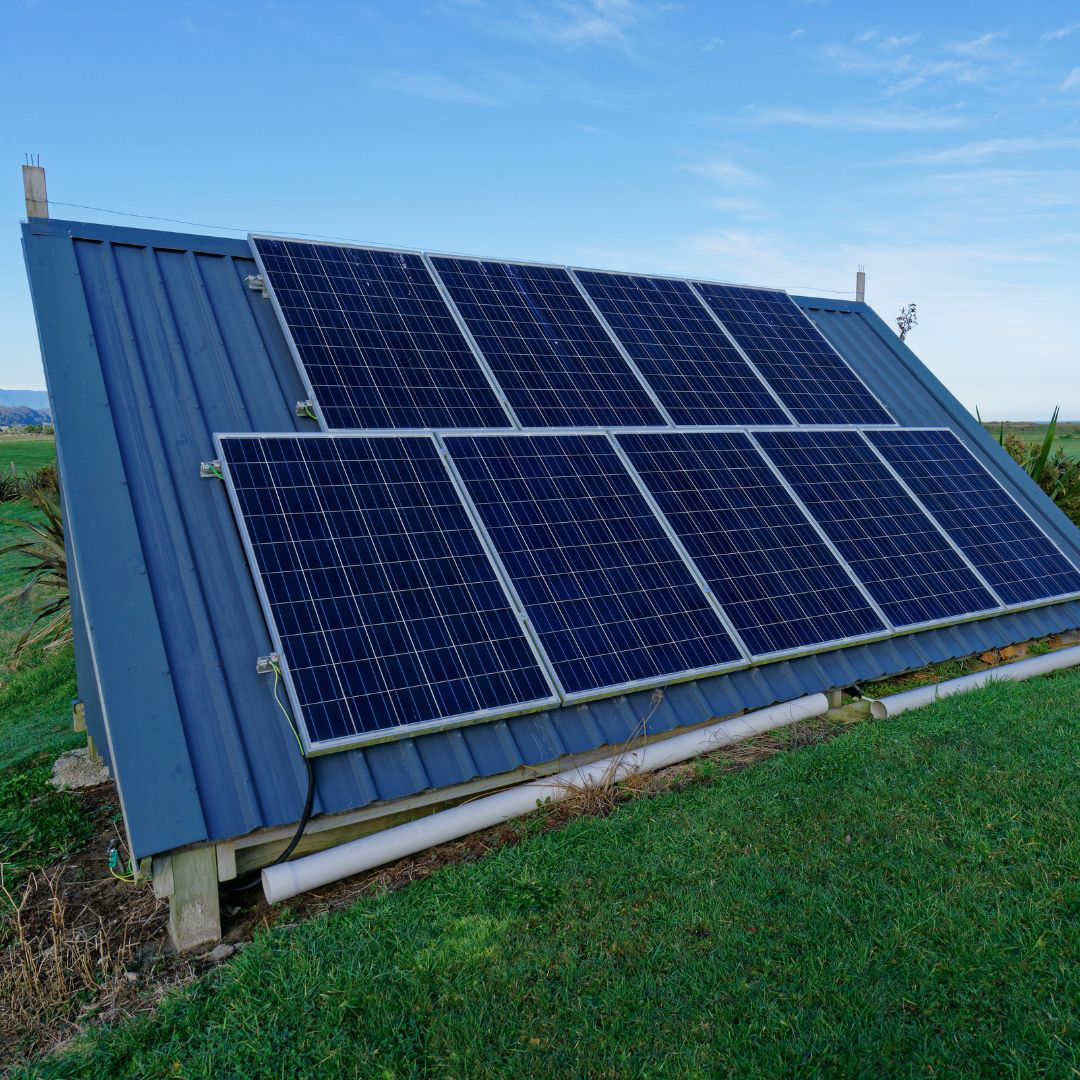On-grid or off-grid: Which One is Right for You?
If you are looking to invest in energy storage, you may be faced with a situation where you’ll have to decide between an on-grid or off-grid energy storage system. Both configurations can provide end users with peace of mind and savings, albeit with their own set of advantages and disadvantages. Whether you want to add energy storage to your home or your cabin in the woods, consider the following factors when choosing to go on-grid or off-grid.

On-Grid
On-Grid storage systems are connected to a traditional electrical grid. This means that in addition to utilizing the energy stored in your energy storage system, you are still able to interact with the grid when needed. The most notable advantage to remaining on-grid is that you can still leverage your connection to the grid to purchase and sell electricity depending on your electrical needs. Some systems like the Evolve LFP, are designed to take advantage of time-of-use rate plans by selling electricity back to the grid when it is at a premium and buying (and storing) electricity for later use when it is less costly.
Additionally, remaining on-grid allows end users to see increased security and cash incentives through participation in a Virtual Power Plant (VPP) program. VPPs are a network of Energy Storage Systems (ESS) that create a large reserve of energy that can be accessed by utilities at peak times and distributed as needed. This means added capacity for the utility – and the network. Homes connected to the VPP will also see compensation for their participation in the programs.
With certain states like Texas, Hawaii, & New York offering great solar incentive programs to help offset the initial investment of both panels and batteries, there has never been a better time to add energy storage to your home.
 Off-Grid
Off-Grid
Off-grid systems operate independently of the electrical grid. By being off-grid you have complete autonomy, allowing you to be self-reliant and generate your own power.
While energy autonomy can be alluring to some, there are a few distinct disadvantages to outline.
First, the inherent unpredictability of the weather in a given region can make charging and maintaining the charge on your battery a challenge. Add in the fact that you don’t have a grid to lean upon in times of high strain on your ESS, and your risk of having a localized blackout is increased. Additionally, off-grid systems miss out on the opportunity to earn money as part of a net metering rate plan, or by participation in a VPP program.
Conclusion
Choosing between an on-grid or off-grid solar system depends on your specific requirements, location, and energy usage patterns. On-grid systems offer advantages such as net metering, reduced electricity costs, and increased home value, while off-grid systems provide energy independence, cost-friendliness, and environmental sustainability.
It is important that you talk to a local installer about what system would benefit you the best. Different solar incentives and tax credits can help reduce the initial investment in solar energy. For more information on what kind of financial support is available in your region, check out our blog on 4 States with stellar solar incentives.